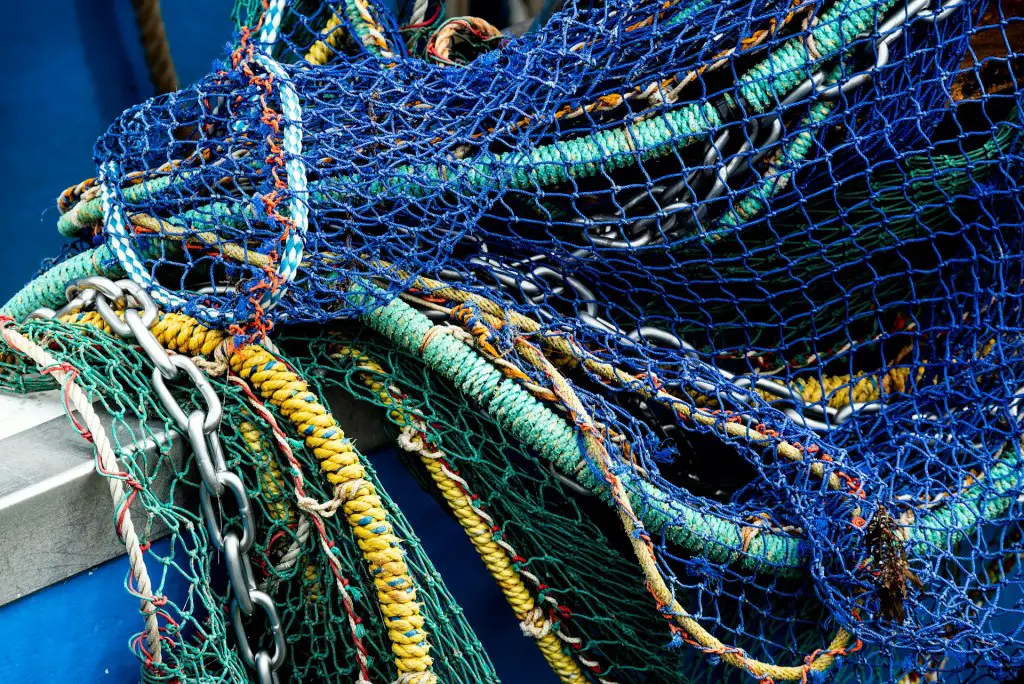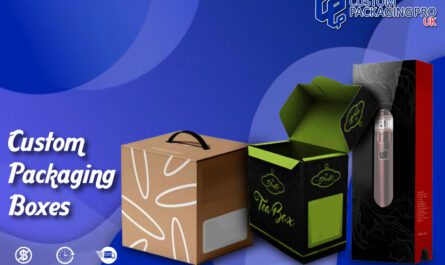Ed Note: We have been accused of bias favoring commercial fishing. They’re right.
As a resident of the Michigan Thumb Region, our family has supported the Bay Port Fish Company for over four generations. Michigan commercial fishermen serve to offer fresh, locally caught Great Lakes fish to the 90% of Michigan residents who cannot afford the costs of owning a boat nor having the ability and time on the water to fish. Nevertheless, we said we would offer the opportunity for those who oppose commercial fishing in any form to present their views here.
Commercial Netting of game fish shaping up like the Nestle water fiasco. By Mark Sak
If the facts of what commercial netting does to fisheries around the state and country were known, this would be an easy decision for most involved. Since the commercial fishing bills in Michigan have been introduced, (one pro-netting bill allowing netters to harvest up to 20-30 percent of Michigan’s game fish in Michigan’s Senate, and three bills which do not allow the netting of game fish and update netting rules in Michigan’s House), many conservation groups have been researching and watching things very closely. Participating or closely watching all the hearings that have taken place, monitoring social media very closely as many commercial fishers participate in Social Media. Sportsmen groups have been listening to angles the netters are attempting to use to widen their take to include game fish on the Great Lakes. Several very interesting things have surfaced that should be included in this debate.
First, the fish in our Great Lakes are part of the public trust. They belong to the people of this state and should not be given to anyone to be sold. This can be compared to selling sand in the Sleeping Bear Dunes National Park so we can provide a few aggregate companies a living. It’s not too smart. We could easily say that Lake Michigan has an endless amount of sand and the shoreline will soon replenish what was taken but we all know that is false. It is the same with commercial netting. Sportsmen and women built the current fishery in this state through monies raised by hunting and fishing license sales as well as the Dingell-Johnson act of 1950 and the Pittman-Robertson Act of 1937, which places an excise tax on hunting and fishing gear. Sportsmen and women are responsible for bringing the fisheries back from a very dark place. That dark place was a place where fisheries crashed due to invasive species, pollution, and overfishing from commercial netters. Right now, commercial fishers are telling us all they would not over fish the lakes again because it would hurt their own future. The problem is they are over-fishing right now. We all know the perch population is not doing well on Saginaw Bay and Lake Erie. But according to the netters own social media page, they continued to net perch in the fall of 2019 knowing that species is at a low point. That is a far cry from being a steward of the Great Lakes. Netting perch while the population is already low and telling us they would never over fish is nothing more than double talk and it is something they seem to be very good at. This scenario is really no different than the Nestle water issue. Most in the state now realize that our resources are not as renewable as many had thought in the past and now everyone is trying to stop Nestle from removing water to sell to the public. Do we want to make the Nestle waters mistake again?
Not All Fish Stay In Michigan

Yet another huge concern many sportsmen immediately noticed on the commercial netting company’s Social Media sites is they do a great deal of business in out-of-state markets. If we play this through, we will see that the sport anglers of our state will be funding these companies so they can sell these game fish to New York and Chicago. We are giving virtually millions of dollars of our public trust to several small companies so they can make millions and ship the product out of state all while sportsmen and women continue to foot the bill and pay for millions of dollars to provide the mandatory oversight that the commercial industry has proven time and time again it requires.
The latest evidence of the need for tight oversight is charges that were handed down by the U.S. Fish and Wildlife service to a Great Lakes Fishing operation. This guilty verdict and sentence came in April of 2019 when Cross Fisheries was convicted of unlawfully trafficking Lake Trout and falsifying records. There is a significant record of Commercial Fishing operations being bad players. Netters need to pay for this oversight. Why in the world should sportsmen and women have to pay for Commercial netters bad behaviors?
Economic Impact
Still another major problem unforeseen until the dominos start to fall is the economic devastation that happens to small towns when these areas are no longer a fishing destination for anglers as netters move in. Just ask how many anglers are driving up from Detroit to fish perch in Saginaw Bay now? Economically, when areas get over-fished and the state begins to drop the creel limit to sport anglers, anglers then plan their vacations and days off in different areas. This is happening right now on Mille lacs Lake in Minnesota, and it is happening specifically to the walleye population which is the biggest target species of commercial fishers here in Michigan. In 2018 recreational anglers could not keep any of the walleyes they caught as the state adjusted the creel limit down as the “Total Allowable Catch” or TAC, dropped in this lake due to netting and poor recruitment of walleye fry in the system. Again, anglers could not keep any walleyes from one of the most iconic walleye lakes in the country. This year the daily creel limit was raised to one fish per person. Who is going to drive 2 hours after filling the boat and truck up with gas and not be able to take fish home? No one. Small towns close their doors and become ghost towns. AuGres saw this firsthand during the salmon crash but will be completely devasted if 30% of walleyes in the TAC is given to commercial netters. A recent study in Ontario revealed that one Atlantic Salmon was worth $200.00 each to the economy of the state they are fished in while the same salmon is only worth about 10 dollars commercially. Please do the math here. Many restaurants initially were for more commercial netting until they discovered they weren’t going to have any customers eating breakfast or dinner during a fishing trip.
Expansion of Commerical Fishing
Finally, the bill to expand commercial netting in Michigan will greatly expand commercial licenses in Michigan up to 65. This will lead to nets everywhere from one shore of the designated zones to the opposite end of that area. We have seen many deaths from recreational boaters getting tangled in poorly marked nets that the commercial netting industry does not want anyone to see. Markers are almost impossible to pick up in some conditions. We just saw a death in Monroe in October of 2019 of a 51-year-old gentleman who merely wanted to go fishing for the afternoon. The motor got tangled in the net and the watercraft sunk quickly. The authorities still have not found the man’s body. The good bills that will not allow commercial netters access to Michigan’s coveted gamefish but also will mandate commercial netters to mark nets better and provide GPS coordinates. This will save many lives on the Great Lakes. It just makes sense.
A very small percentage want the expansion of commercial netting in Michigan. We simply cannot afford to devastate the Great Lakes again and turn our backs on the towns that share in the 2.5 billion dollars that recreational fishing brings to Michigan. Let’s do the right thing, and keep gamefish out of commercial nets.
What are Your Thoughts
Please comment in the area below



